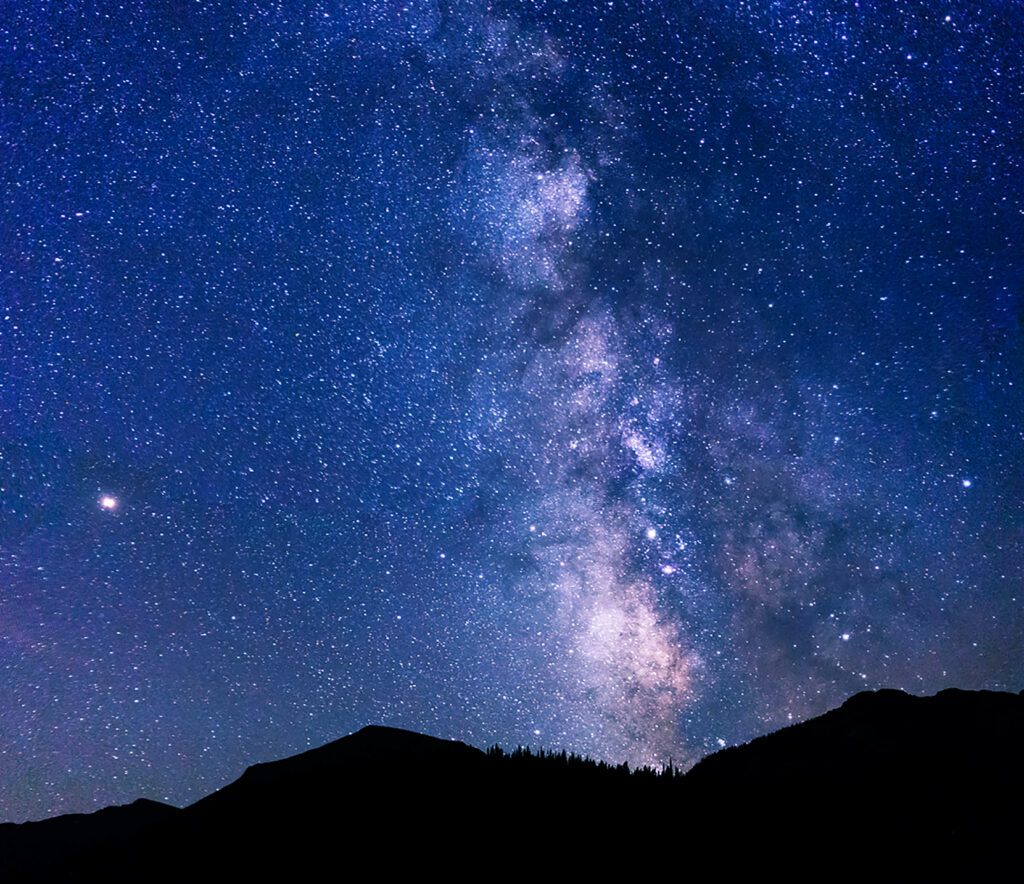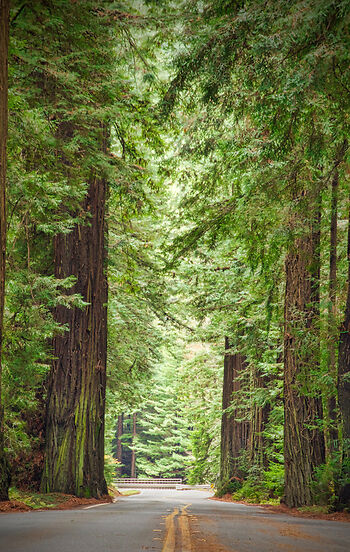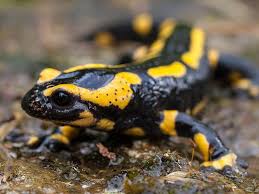Psalm 148

Praise the Lord!
Praise the Lord from the heavens;
praise him in the heights!
Praise him, all his angels;
praise him, all his host!
Praise him, sun and moon;
praise him, all you shining stars!
Praise him you highest heavens,
and you waters above the heavens!
Let them praise the name of the Lord,
for he commanded and they were created.
He established them forever and ever;
he fixed their bounds, which cannot be passed.
Praise the Lord from the earth,
you sea monsters and all deeps,
fire and hail, snow and frost,
stormy wind fulfilling his command!
Mountains and all hills,
fruit trees and all cedars!
Wild animals and all cattle,
creeping things and flying birds!
King of the earth and all peoples,
princes and all rules of the earth!
Young men and women alike,
old and young together!
Let them praise the name f the Lord,
for his name alone is exalted;
his glory is above earth and heaven.
He has raised up a horn for his people,,
praise for all his faithful,
for the people of Israel who are close to him.
Praise the Lord!
I read this psalm with absolute wonder. Listen to all that praises God: angels, sun, moon, heaven and earth, sea monsters, fire, hail, snow, frost, wind, mountains, hills, wild animals, cattle, fruit trees, cedars, creeping things, flying birds, all peoples, young and old. All of creation praises God. God commanded it to be created, and it was, which is the reason for the praise.

As we go out into God’s creation, many of us feel the presence of God. Whether it is in our own backyard, at a park, on a hike, or enjoying Camp Lutherwood. One of my favorite places is in amongst the redwoods. I feel so small with the trees towering 200 feet above me. I feel closer to God because it seems to me that only God could have created trees so magnificent.
As we go through our typical days, filled with–going to work or school, socializing with friends, checking in with social media, hobbies, errands, etc.–how does nature matter to our world today?
One of the things that strikes me about this psalm is that it presents a different worldview than is presented in our society. In our culture we are led to believe that humans are on the top rung of God’s concerns, that all the earth was created for us. That we alone worship God and that nature is there to serve our needs. I admit that, even as a nature lover myself, I have thought this. There is a hierarchy that we tend to read into creation that we may not even realize. We humans may think that we are more important than anything else.
If we look at the first creation story in Genesis, this may shed light on why it is thought that all of creation serves humanity. Genesis 1:28 says, “Be fruitful and multiply. Have dominion over the fish of the sea and over the birds of the air and over every living thing that moves upon the earth.” This can be read in two different ways. Humans are in charge of all that God made, which means that creation was made for us. But it can also be read as you will have power over the fish, the birds, and every living thing. Which is true because we are thinking creatures. We have the power because of our abilities. This verse challenges us to treat other living things as Jesus has taught us to do. It is our responsibility to take care of nature, not to exploit it for our own profit or comfort. Look at Genesis 2:15, “and the Lord God took the man and put him in the garden of Eden to till it and keep it.”
As we work to understand how to treat nature, it may be important to think about God’s relationship with nature. Was creation a one-time event where God created heaven and earth and then was done with it? Or is God’s spirit alive in nature as it is alive in us? If God’s spirit is alive in nature, then nature is always changing, just as we are always changing. So then there is interaction and learning between us and nature. There is a relationship.
What we do affects nature and vice versa. Earthquakes, tornadoes, and all weather affect us in some way. We interact with nature every day whether we think about it or not. Unfortunately, as a result of how we are currently interacting with nature, we are fouls the air, stripping the earth of its forests, depleting the soil, and taking more and more habitat away from native species. In this type of relationship, nature has meaning to humans because we can use it. But this means that nature’s existence is not honored as a part of God’s creation.
In Genesis 9:9, we see God’s plan in God’s covenant with Noah: “As for me, I am establishing my covenant with you and your descendants after you, and with every living creature that is with you.” Taken with the aforementioned psalm, I think we are to conclude that we are to be in community with nature and the God’s spirit is alive and well in nature. Our relationship with nature is meant to be mutualistic. This means that both nature and humans benefit because we are in relationship. Mutualism is prevalent in the natural world. An example is our relationship with trees. We exhale carbon dioxide, trees take in carbon dioxide and release oxygen into the air, which we need to survive.
How do we go about repairing our relationship with nature? Most of us know that planting more trees and using less plastics would help. There are efforts locally through EcoFaith Recovery and our own Community Carbon project as well. But I think a vital part of repairing our relationship is seeing the value of nature as God sees it, not looking for ways to use nature to further our own agendas.

If nature’s purpose is not to serve us, then what is the purpose of nature? Just as we may experience God through our interactions with other people, we can experience God as we observe and interact with nature. As we create a more mutualistic relationship with nature, we create new meaning in our lives, and we connect to a greater good. In a sense we are seeking to liberate nature from being used by people. This is holy work.
As Luther wrote in Freedom of a Christian, our fulfillment is found when we embrace our roles as creatures who need to be in loving service in relationship to our neighbor. As we step into nature, we experience part of its mystery. I see being in nature as a spiritual practice, a form of prayer. A way of getting quiet before God, a way to see God’s presence in the world.
Imagine how our days would change if at the end of a busy and stressful day, we go out into nature. We listen to the birds, feel the gentle breeze, hear the rustle of the leaves on the trees. We look to the sky, see the stars, relax, and just breathe, listening for all the whispers of God.

